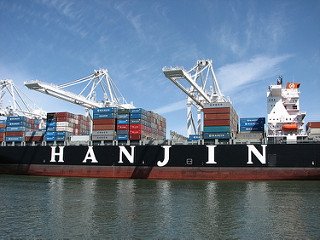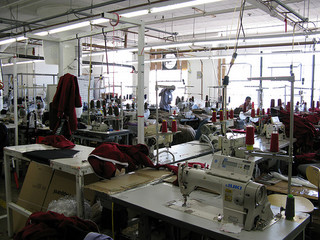Is Local Sourcing Always Best Practice in Public Procurement?

Many emerging markets and developing countries are launching public procurement initiatives designed to boost local manufacturing in certain sectors. Ideally, these programs should create new jobs and stimulate the national economy. In the long run, local public procurement initiatives will help countries find their place in the global trade arena.
Local Sourcing Programs
Donor countries like the UK and the United States are funding local procurement programs along with training initiatives to aid the growth of a country and not just give temporary relief. Many of these programs, like the UK’s Health Commodities Project in Nigeria, were quite successful. Several national governments are adopting their own local procurement policies, particularly countries in Africa.
- South Africa expanded the types of goods purchased locally by government agencies.
- Nigeria banned public procurement of any technology products made outside of the country.
- India gives preference to laptops and tablets manufactured locally in public procurement contracts.
Is Local Procurement Always Best?
There are vast benefits to local procurement, especially in developing nations with low GDPs. Unfortunately, these initiatives aren’t always welcome changes and aren’t always carried out in an effective way. Under Nigeria’s local procurement act, institutions face consequences if they buy technology products manufactured outside of Nigeria. The policy changes had negative impacts on many multi-national tech companies with production facilities elsewhere. Cleopas Angaye, director of Nigeria’s IT Policy implementing department, announced that “Multinational companies are invited to set up production or assembly plants in Nigeria.” Currently, several firms run marketing and sales offices in Nigeria, but very few invest in manufacturing and production.
India’s technology procurement initiative is similar and has generated complaints from foreign suppliers, but domestic company integrity may cause more concern for the Indian government. The Aakash tablet, designed locally for government and educational use by domestic tech company, Datawind, used components that were made in China. Datawind CEO, Sunit Singh Tuli says, “This was no different to Apple, which also uses Chinese suppliers.”
While local procurement initiatives have a positive impact on domestic GDP, they may not always have the desired effects on the global economy. With careful planning, monitoring, and consistent policy updates, emerging markets can slowly strengthen their link to the global supply chain.







